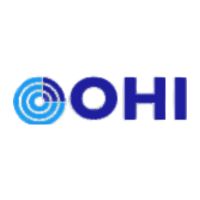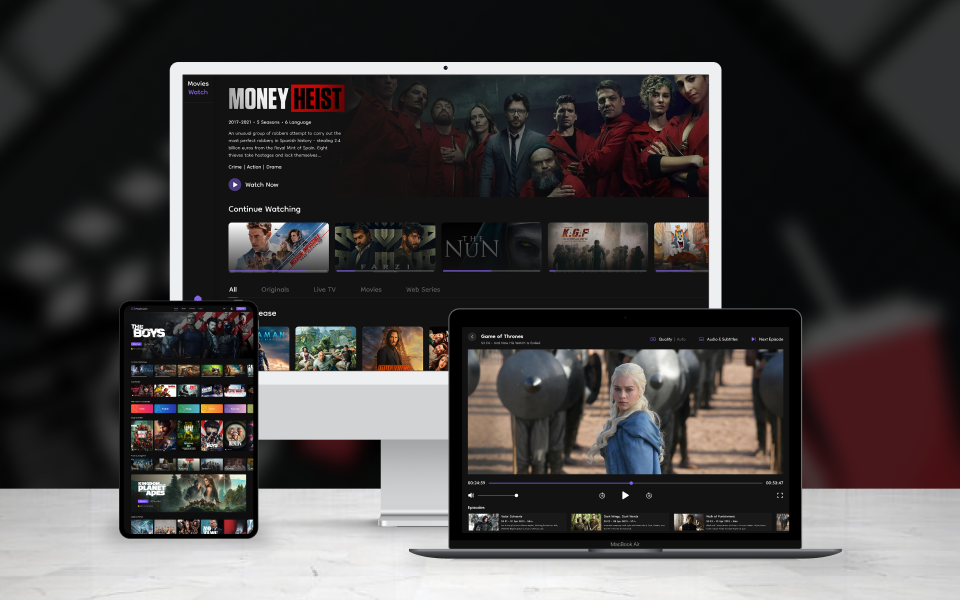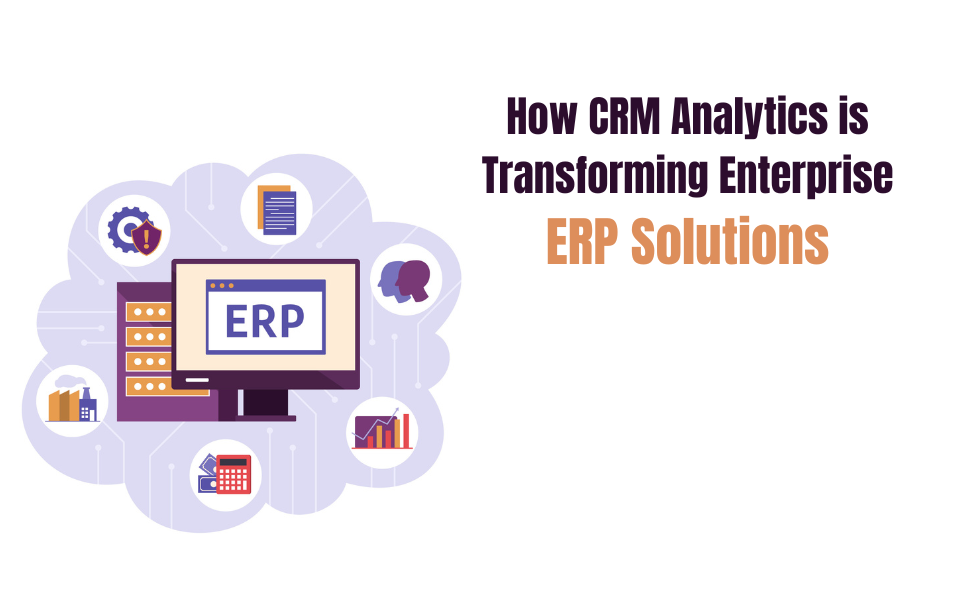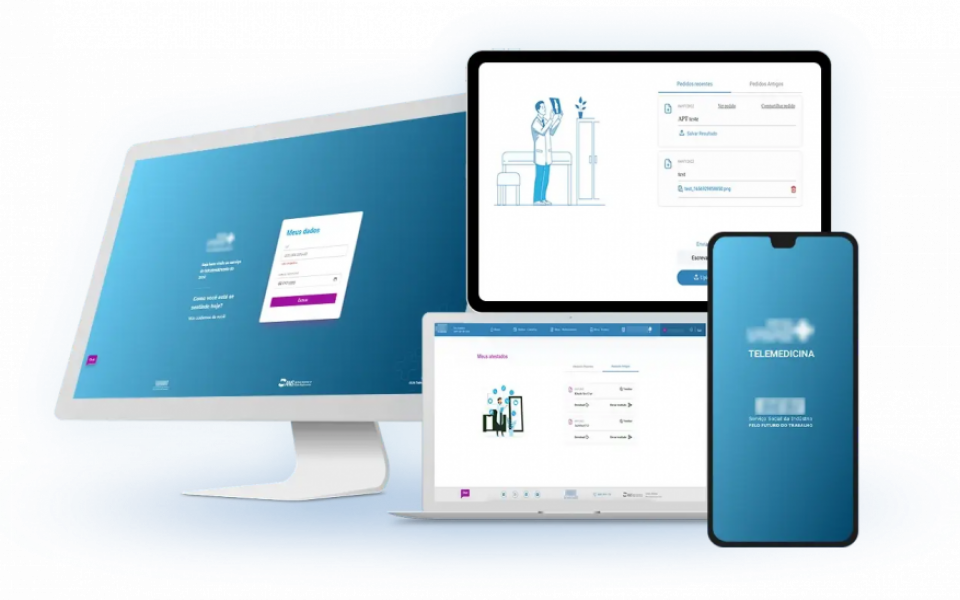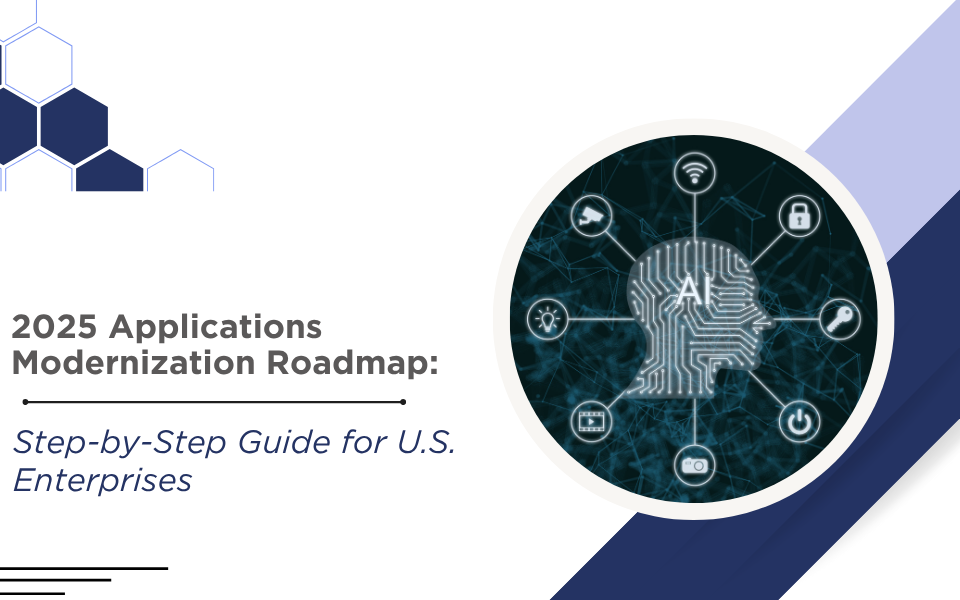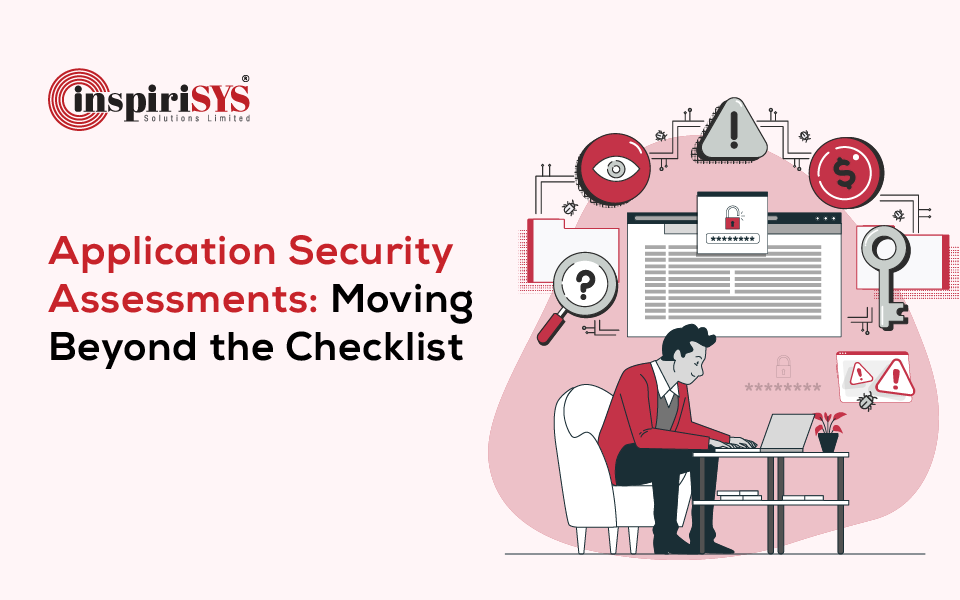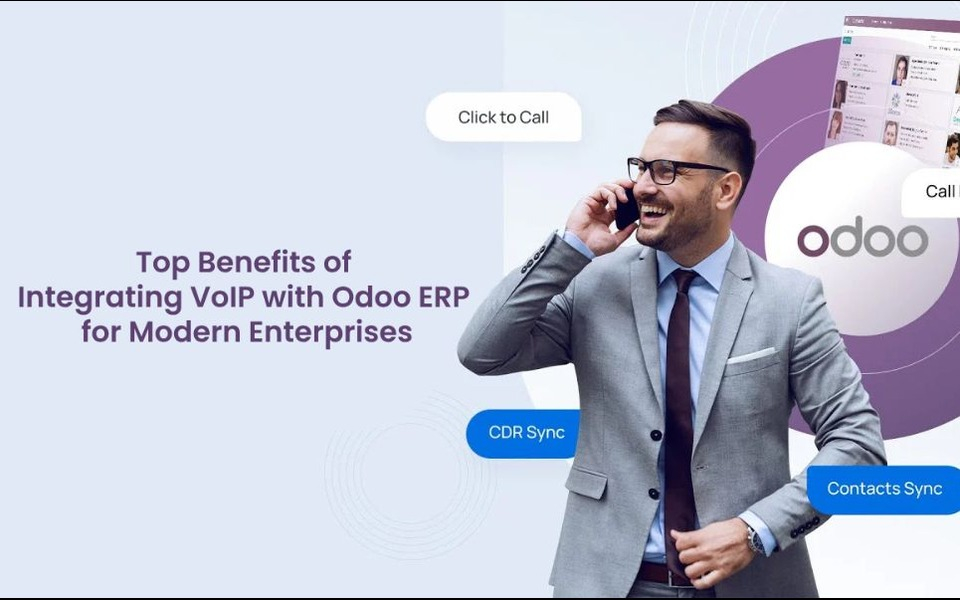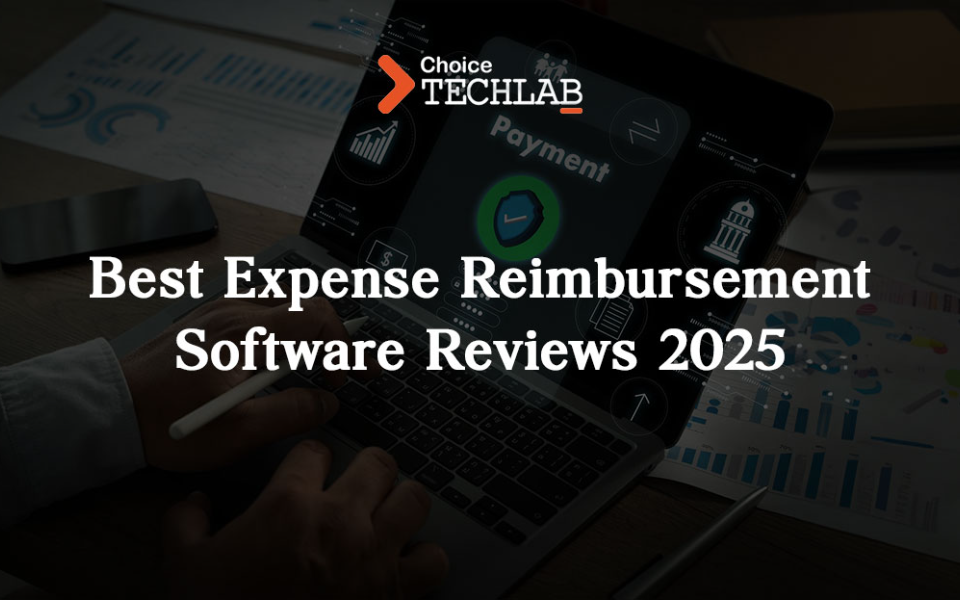Strong property management accounting drives investment success-responsive oversight, clear data, and smart decisions. This guide loops together useful, proven steps-property-booking, reports, auditing-so costs drop and returns rise.
Investors, owners, and managers hear a steady drumbeat voluminous regulators, investors, tenants, all-demand clearer numbers, fast compliance, and fresh insight. A lean, well-tuned accounting system tames that pressure, frees talent for strategy, and guards cash flow amid shifting markets.
Core Building Blocks in Property Management Accounting
Microsoft Outlook-from spreadsheets to cloud suites-has cut simple counting stacks, yet clear principles still matter.
Revenue Tracking and Recognition
True property-vision accounting starts with disciplined, on-time revenue follow-up.
Expense Categorization and Control
Strategic expense management underpins sound property-accounting discipline.
-
Maintenance and Repairs – separate routine upkeep costs from major improvements to calculate depreciation correctly.
-
Utilities and Operating Costs – record power, water, gas, and similar bills, then analyze usage by unit or area.
-
Property Management Fees – track management-company charges alongside service benchmarks.
-
Insurance and Tax Expenses – keep up-to-date files on policy premiums and assessed taxes.
Asset Valuation and Depreciation
Asset managers apply systematic procedures.
-
Depreciation Schedule Optimization – run cost-segregation studies to speed up write-offs on select components, lowering tax bills and boosting cash flow.
-
Capital Expenditure Tracking – store receipts, photos, and work orders for every project, backing each capitalization call.
-
Property Valuation Updates – subject holdings to regular appraisals and market surveys, ensuring book values support financial statements and lenders.
Technology Integration for Maximum Efficiency
Cloud-Based Accounting Systems
Modern asset-ledgers now fit secure Web suites.
Real-Time Financial Reporting
Pull near-live balance sheets on tablet or phone, speeding choices, spotting risks, and sharpening authorizations.
Automated Data Integration
Link your property management software directly to your accounting platform so every transaction flows through without interruption. By removing the need for manual data re-entry, you cut human error and speed up month-end closing.
Mobile Accessibility
Give property managers the power to check budgets, approve bills, and look at real-time reports from their phones or tablets. That kind of on-the-go visibility sharpens decision making and trims the lag between issue and action.
Artificial Intelligence Applications
Savvy property accounting teams now lean on AI tools that deliver measurable benefits:
-
Predictive Maintenance Analytics – Mine past service records in the cloud to project what systems will fail soon, then schedule repairs before downtime hits.
-
Automated Expense Classification – Machine-learning models scan new invoices and tag each line item to the right budget code, saving hours of list-checking.
-
Cash Flow Optimization – An AI dashboard shows when to authorize big spends or revisit loans, helping owners protect liquidity during market swings.
-
Fraud Detection Systems – Heuristic algorithms spot outlier expenses in real time, alerting managers if a staffer skips approval or if a vendor pad bills.
Specialized Accounting Strategies by Property Type
Residential Property Management
-
Tenant Management Systems – Seamlessly record lease lengths, renewal windows, and payment lapses so collectors reach tenants at the right moment.
-
Maintenance Cost Analysis – Assign every repair invoice to the unit and service category it came from, then slice that data into reports. Owners can compare vendors, justify refurbishments, and balance capex against rent growth.
-
Property Tax Strategy – Regularly review assessed values to spot potential overcharges, then file timely appeals when savings are likely.
Commercial Real Estate Accounting
-
Triple Net Lease Admin – Sort out the tangled flow of costs between owner and tenant by tracking every charge—healthcare, tax, insurance fairs, utilities, and more.
-
CAM Reconciliation – At year-end, we gather invoices, apply agreed formulas, and allocate hallway, lobby, and garden costs fairly to each space.
-
Percentage Rent – By recording daily sales at the lease level, we flag when revenue ticks past agreed thresholds and trigger the variable rent clauses.
Mixed-Use Development Management
-
Segmented Financial Reporting – Keep separate books for apartments and shops, clearly tracking costs for each area.
-
Proportional Expense Distribution – Share expenses, like parking and landscaping, across uses by following agreed formulas.
-
Integrated Cash Flow Management – Look at all income streams together so leasing, rents, and short-term guests lift overall cash flow.
Risk Management and Financial Controls
-
Segregation of Duties – Split financial tasks among staff so no one person can move money without dual approval.
-
Documentation Standards – Scan, file, and date every invoice, receipt, and contract so auditors find a clear paper trail.
-
Regular Reconciliation Procedures – Match bank statements and ledger lines each month to catch mistakes while they are still small.
-
Audit Trail Maintenance – Archive all supporting records digitally for quick retrieval whenever a compliance check arrives.
Insurance and Liability Management
-
Insurance Coverage Analysis – Measure limits and exclusions against today’s values, spotting gaps in protection at least once a year.
-
Claims Management Coordination – Track outstanding claims with annotated files so expenses can be recovered promptly and completely.
-
Liability Exposure Assessment – Map potential loss scenarios and offset them smartly through dedicated reserves and prudent policy limits.
Tax Optimization and Compliance
-
Cost Segregation Studies – Engineers map out building parts that qualify for faster write-offs, putting extra depreciation on the books and boosting short-term cash flow.
-
1031 Exchange Guidance – On-property sales staff oversee timing and documents so owners can swap assets and delay capital-gains bills.
-
Bonus Depreciation – Timing renovations and major equipment buys lets firms claim the huge first-year write-off available under current rules.
Multi-Jurisdictional Tax Compliance
-
State Reporting – Accountants know what each state and many localities demand, so returns come in accurate and on time.
-
Nexus Review – By looking at where assets sit and how business moves, teams pin down where filing is really needed.
-
Apportionment – Financial results are split fairly across jurisdictions using IRS-approved formulas, avoiding overpayment.
-
Estimated Payments – Schedules are set to keep quarterly bills in line and cut the risk of late fees and interest.
Performance Measurement and Reporting
-
NOI Report – Net Operating Income is pulled together line by line so owners see how the property is performing before mortgages and big upgrades.
-
Cash-on-Cash Return – This simple yet powerful gauge shows how much profit every dollar of investor’s money is delivering.
-
Occupancy Rate Tracking – Keep a close eye on how long units stay empty or how quickly tenants move out.
-
Debt Service Coverage Ratios – Run the numbers on a consistent basis to check whether rental income covers loan payments.
Customized Reporting Solutions
-
Investor-Specific Reports – Create summaries for individual owners, lenders, and boards, delivered monthly, quarterly, or annually.
-
Lender Compliance Reporting – Review key metrics and send updates that show loans are performing within limits.
-
Management Performance Reports – Turn data into dashboards that help on-site leaders spot trends and refine operations.
-
Tax Planning Reports – Share estimates and documents before year-end to simplify budgeting and reduce surprise liabilities.
Maximizing Efficiency Through Strategic Partnerships
Hiring a skilled property accounting firm goes beyond pure numbers; it streamlines operations and lifts portfolio returns. These professionals blend market insight with technology, giving owners the information they need to invest confidently and stay compliant.
Because real estate rules, taxes, and data tools keep evolving, only dedicated accountants with sector experience can turn complexity into clear strategy.
Think about working with property accounting pros who focus exclusively on real estate to help unlock the full potential of your investments. Their specialized services lay the clear financial groundwork you need for steady growth and lasting success, even in tough, fast-moving markets.





